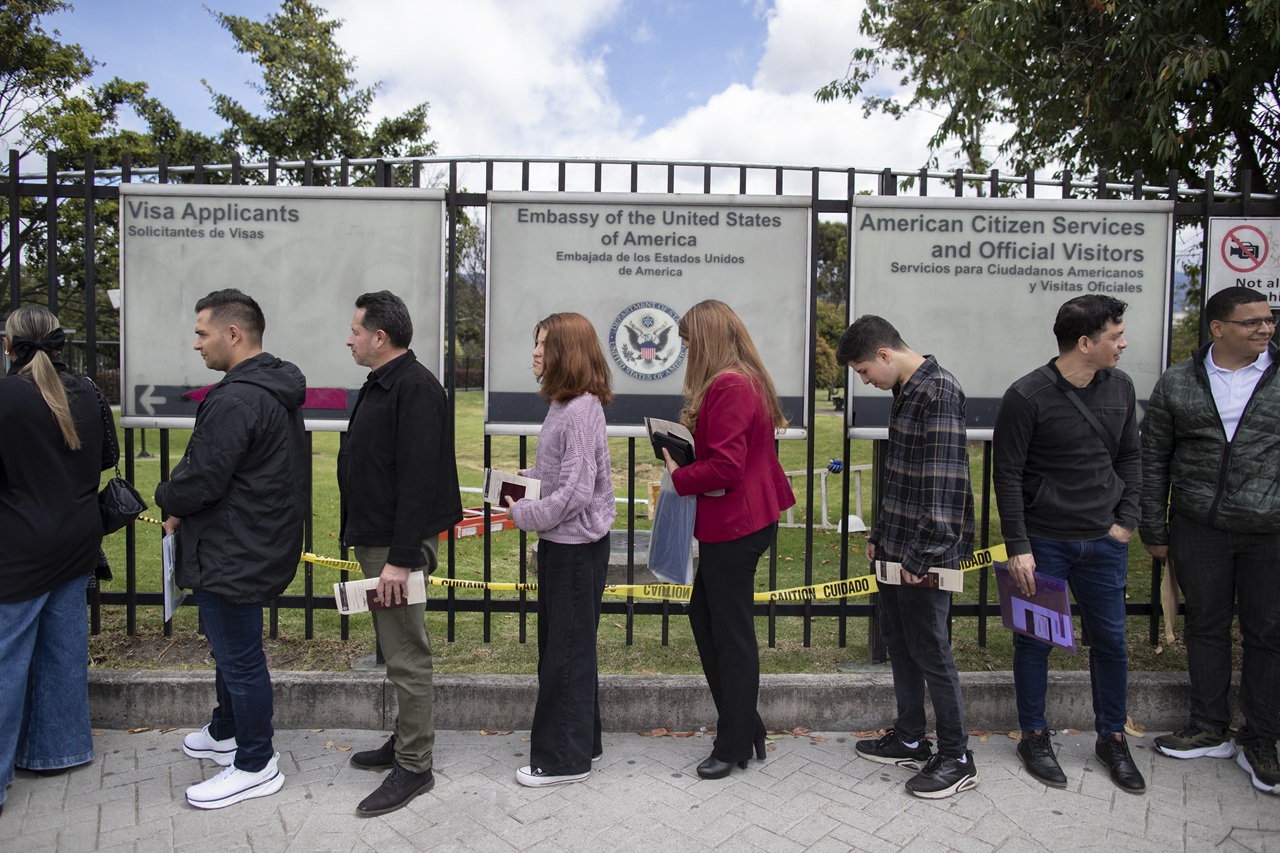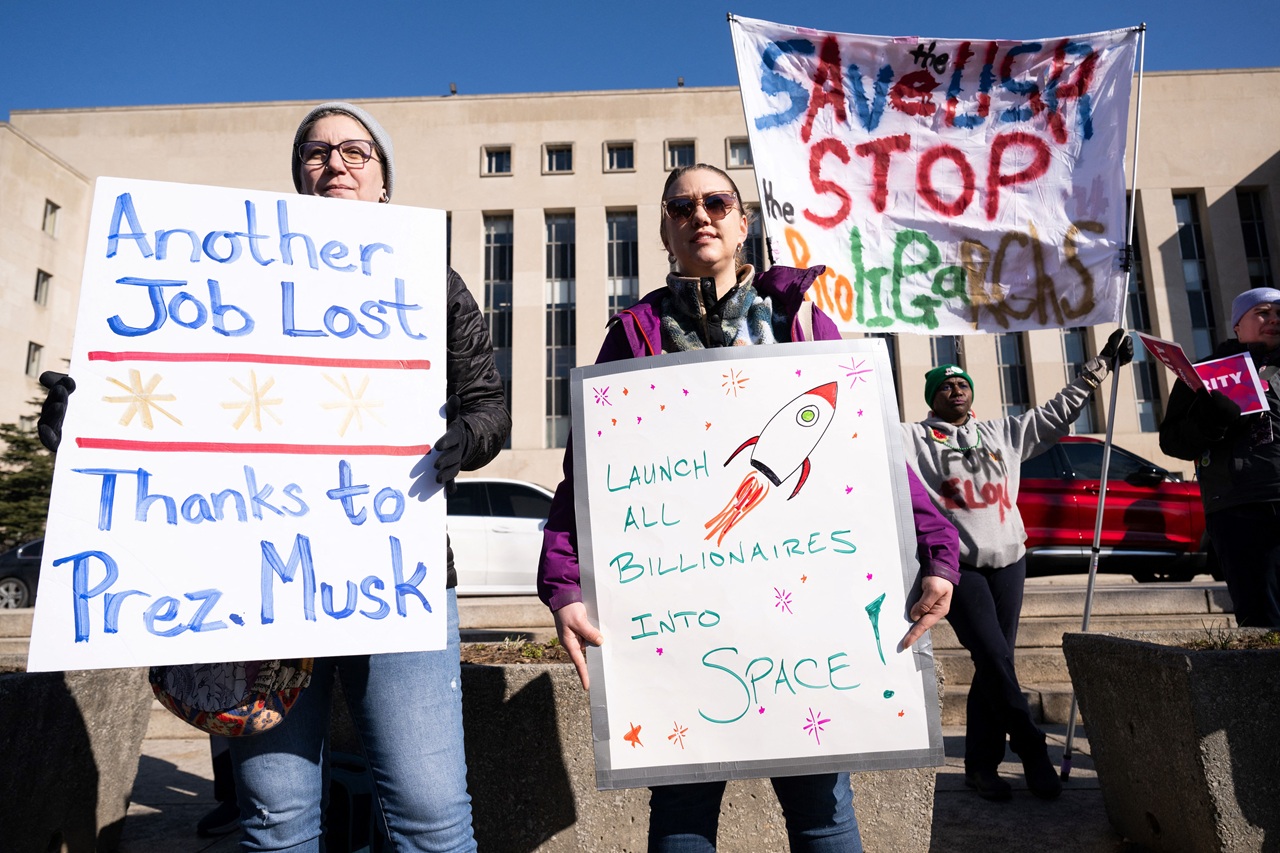What we know about the battle for Philly's 'sanctuary' status (Pt. 2)
Part two of our report on the implications of modifying Philadelphia's 'sanctuary city' status.
With just six weeks left in office, Mayor Michael Nutter dropped a major proposal to scale back Philadelphia’s ‘sanctuary city’ status and the protections it offers to undocumented immigrants.
This news has untold implications for immigrant communities of every stripe in Philadelphia.
Click here to read Part 1 of this report.
This isn’t happening in isolation. The current dialogue surrounding immigration in the U.S. presidential race has had a virulent effect. States are putting forth more and more anti-immigration legislation. Philadelphia is one of maybe 12 cities talking with the Obama Administration and DHS about renewing cooperation with ICE.
Mayor Nutter’s plan came out of talks with President Obama and Homeland Security Secretary Jeh Johnson. He’s not the only one, either.
There are over 200 jurisdictions classified as sanctuary cities in the U.S. In terms of official policy, many of them date back to the late 1970s. They didn’t end up in the national interrogation room until July of this year, when Kathryn Steinle was shot and killed in San Francisco by a five-time deported immigrant named Juan Francisco López-Sánchez.
Polarizing rhetoric about undocumented immigration took over the U.S. presidential race and began reshaping the dialogue about ‘sanctuary cities’ across the nation. In Philadelphia, it even flared up in the most recent mayor’s race. But the reality is that “sanctuary cities” are not lawless dens where the undocumented can commit crimes without fear of retribution. That’s a myth. ICE has unfettered jurisdiction in the U.S., and executive orders like the one Nutter signed mean only that city agencies don’t have to use their own money and manpower to help ICE conduct its official duties. Undocumented immigrants in Philadelphia have been tracked and deported by ICE every day since Philadelphia won its ‘sanctuary’ status. See our archived reportage for stories.
Nonetheless, the heat turned up shortly after the Steinle killing. In October, Congress went after jurisdictions with sanctuary practices by threatening millions in lost federal funding. (For the record, Mayor-elect Jim Kenney said he'd be willing to forego the funding in order to keep Philadelphia's sanctuary status.) Weeks after the "Donald Trump" bill was introduced, North Carolina Gov. Pat McCrory signed his own bill banning the creation of ‘sanctuary cities’ across the state. New Jersey recently introduced similar legislation. Pennsylvania lawmakers have been putting forth their own anti-immigrant bills as well.
Despite mentions of “terrorism” and “public safety,” the data and testimony behind ‘sanctuary cities’ paints a much different picture.
“On paper, you certainly don’t want violent criminals roaming free after they’ve been convicted of a crime,” said Matthew L. Kolken, an immigration lawyer based out of Buffalo, New York. “But the statistics show that, ultimately, regions that have sanctuary city policies are generally safer than cities that don’t have those policies.”
The Obama administration has deported more immigrants than any other administration in recent history. In 2014, the tally was over two million, and is slated to top three million by the end of his term. Despite the sensational hashtag #FelonsNotFamilies that supported his campaign, most of the immigrants deported under Obama had little to no criminal record.
There’s a strong argument that cities with sanctuary practices are actually safer than those without them. One of the big reasons for this is that such policies allow undocumented persons — who are less likely to commit crimes than native-born citizens — to feel comfortable notifying the police about actual criminal activity in their communities. They can’t do that if they worry ICE is in the mix.
Meanwhile, there have been high-profile cases about non-sanctuary jurisdictions reporting immigrants to ICE for a simple traffic violation. Immigration researchers from Syracuse University found that ICE’s criminal deportation statistics include “traffic violations” as a crime. In effect, this makes someone who fails to yield at a stop sign a priority for deportation. An even more recent report found that four out of five individuals that are deported through this program have no criminal records/aren’t criminals at all.
With his clients, Kolken has seen firsthand how it affects police-community relations — not to mention the safety of communities as a whole.
“If immigrant communities are fearful of notifying the police of illegality, it allows the criminals in those communities to run unfettered. Because they know that there’s not going to be any repercussions if they target someone within those communities. I’m talking about both lawful immigrants as well as those without documentation,” he said.
Regarding those Immigrants coming from countries where governments are violent or corrupt, Kolken notes that may already have “an inherent distrust of individuals in uniform.”
In Philadelphia, immigrant-rights groups are arguing that Nutter’s reversal on the executive order reflects badly on the police department.
“Sending a clear message that the Philadelphia Police Department can and will do their job without ICE involvement is critical,” said Alison Sprague, executive director of Victim/Witness Services of South Philadelphia. “If we want communities to build relationships with police, to invest in this city, we can’t make it the city’s job to do ICE’s. Whatever imagined gains rolling back the Executive Order would provide are lost when you lose the trust and engagement of your residents.”
Immigrant-rights groups are gearing up to fight back.
Within hours of Thursday’s meeting, a plan was hatched to fight back. On Monday at 11 a.m., Juntos and other immigrant-rights groups will launch a massive campaign outside City Hall.
The campaign will protest Nutter backtracking on his executive order, as well as the indefinite detention of undocumented immigrants that have continued to take place in Berks County outside the city.
“If these aren’t attacks on immigrant communities, I don’t know what is,” Erika Almiron, the director of immigrant-advocacy group Juntos said. “This isn’t a Democratic versus Republican issue, this is about what’s right.”










LEAVE A COMMENT: